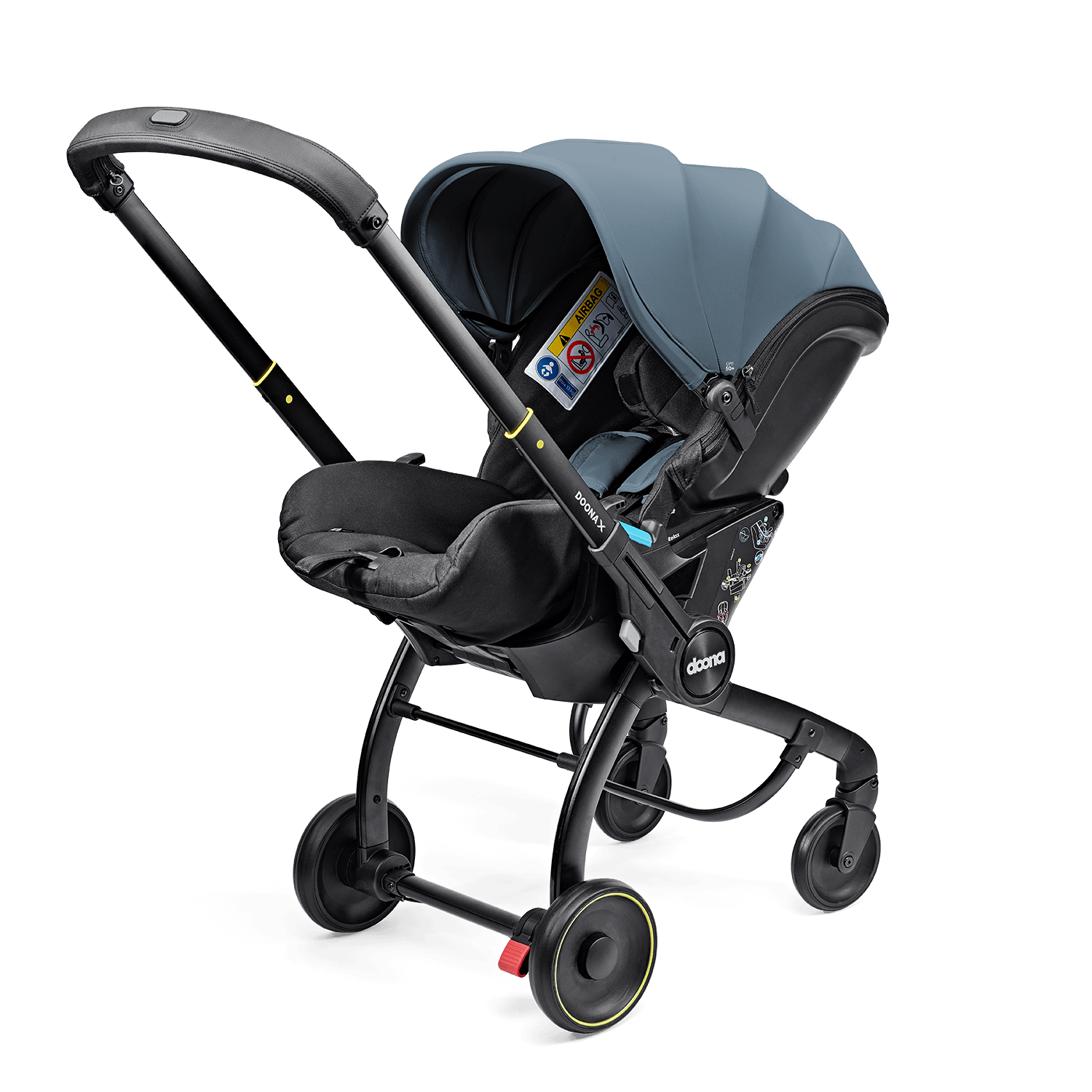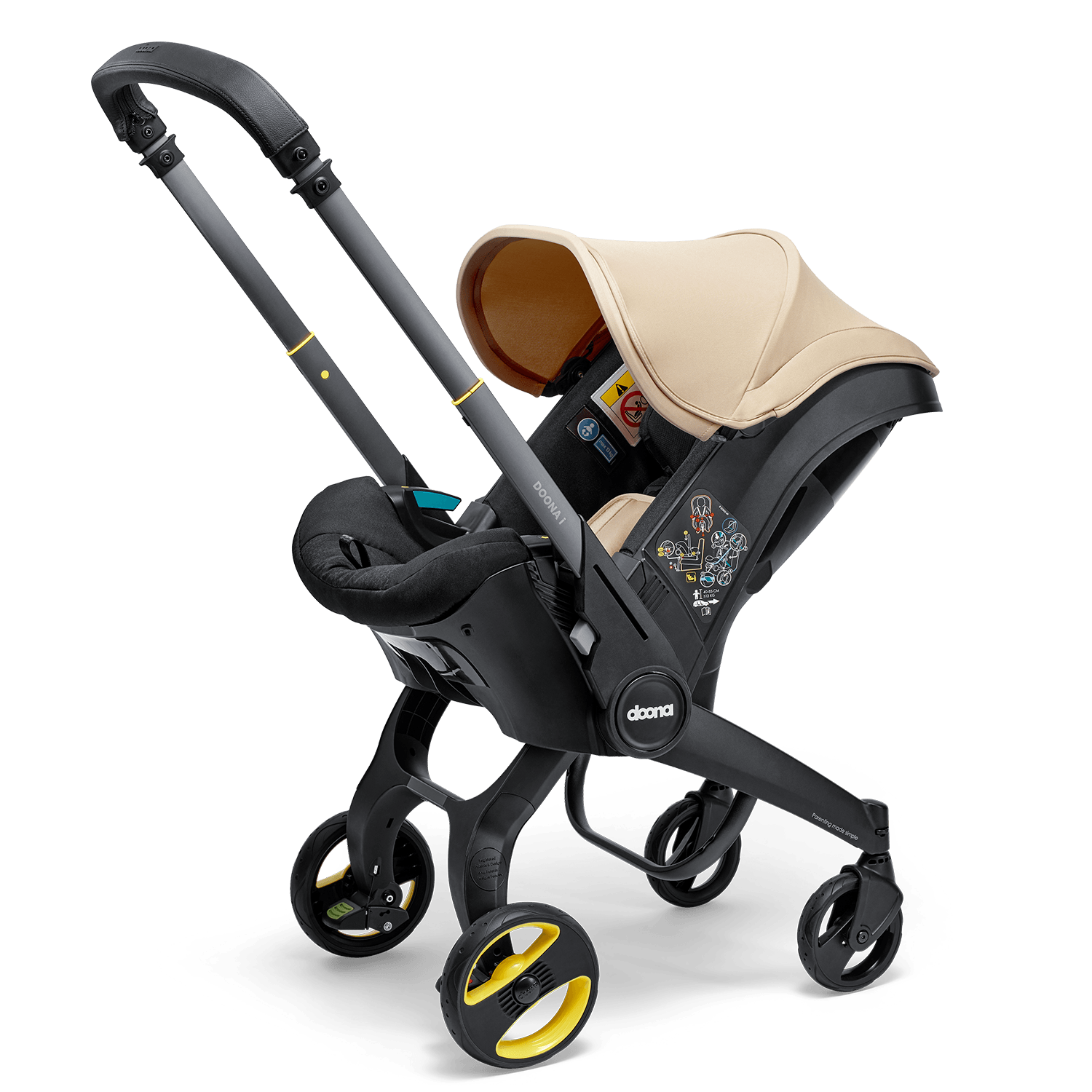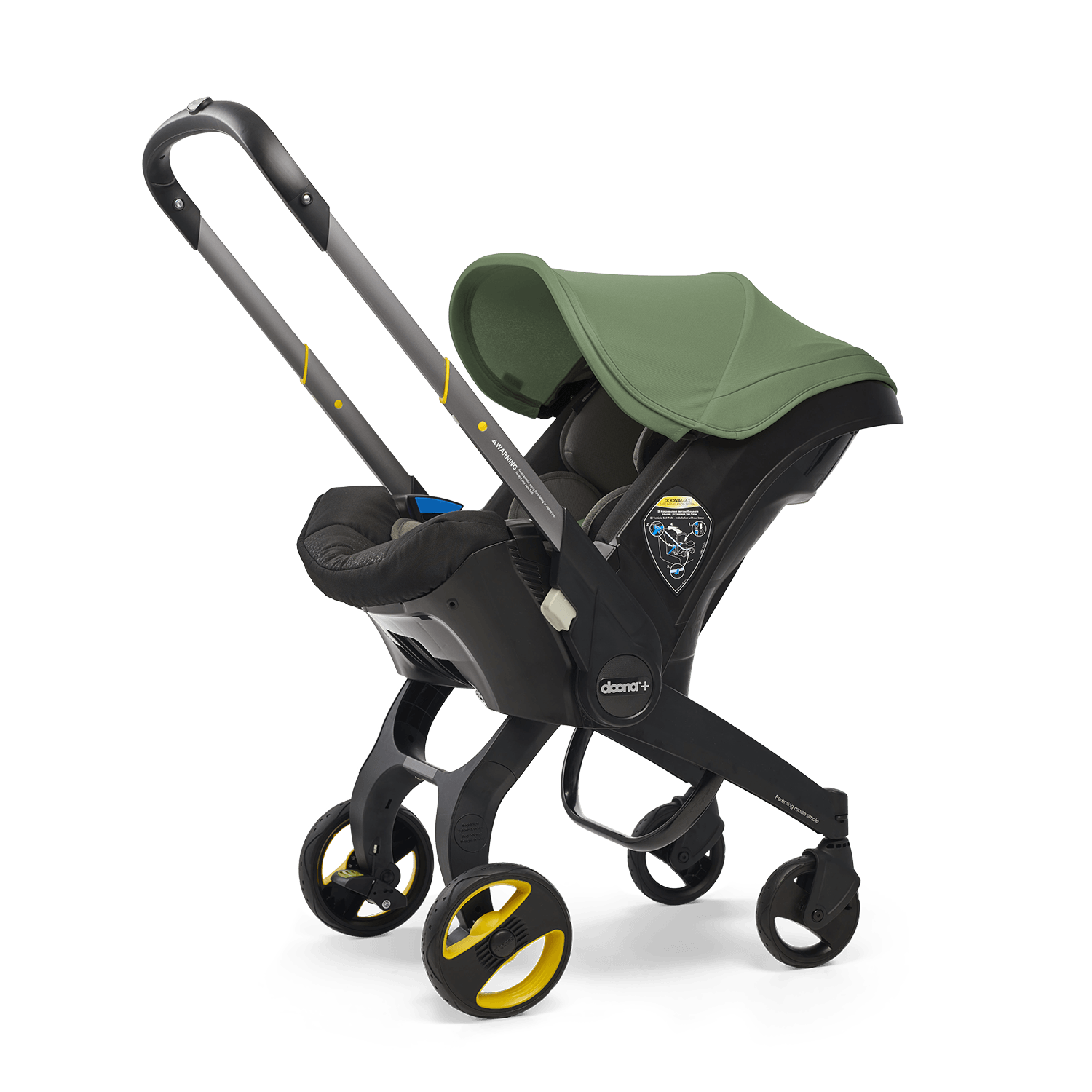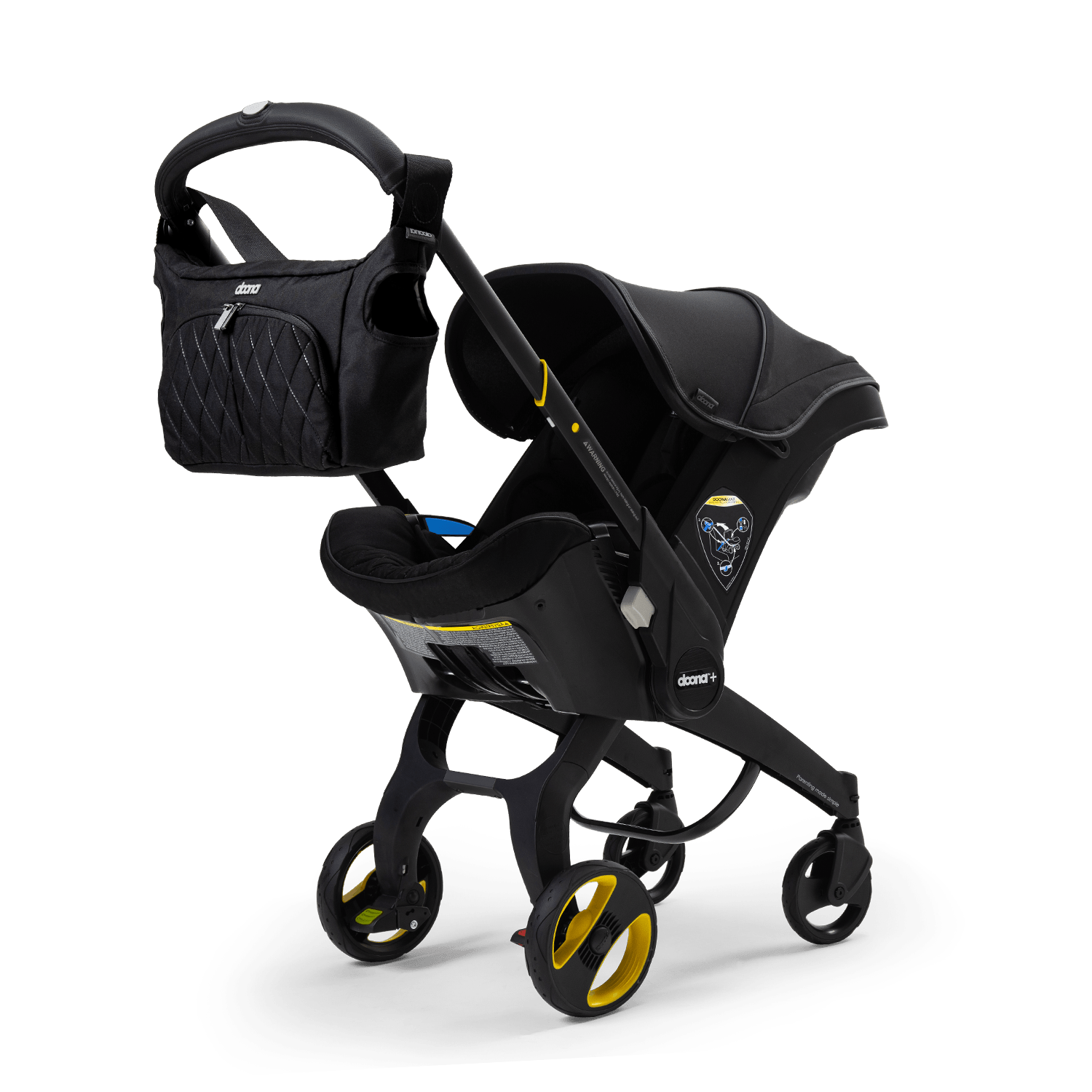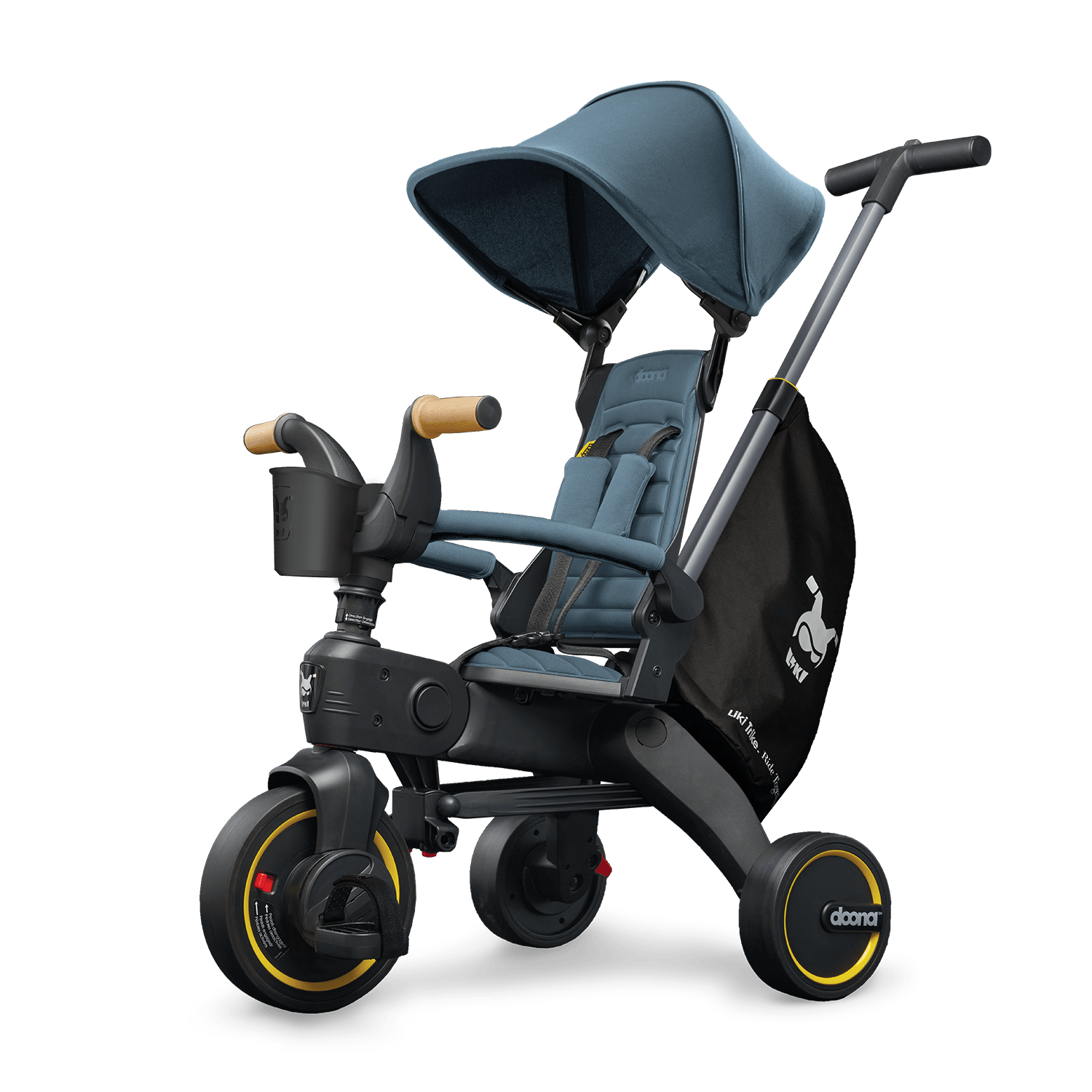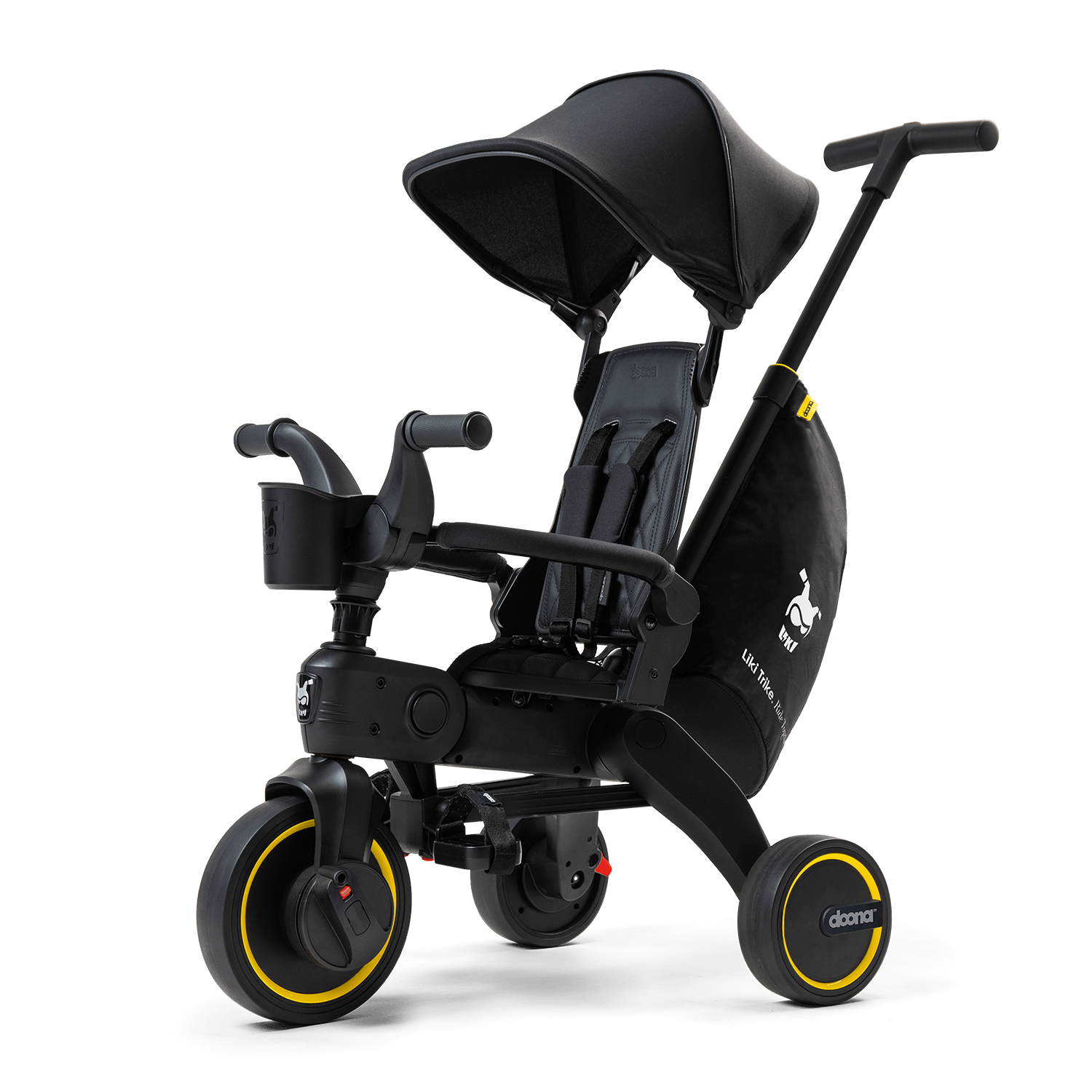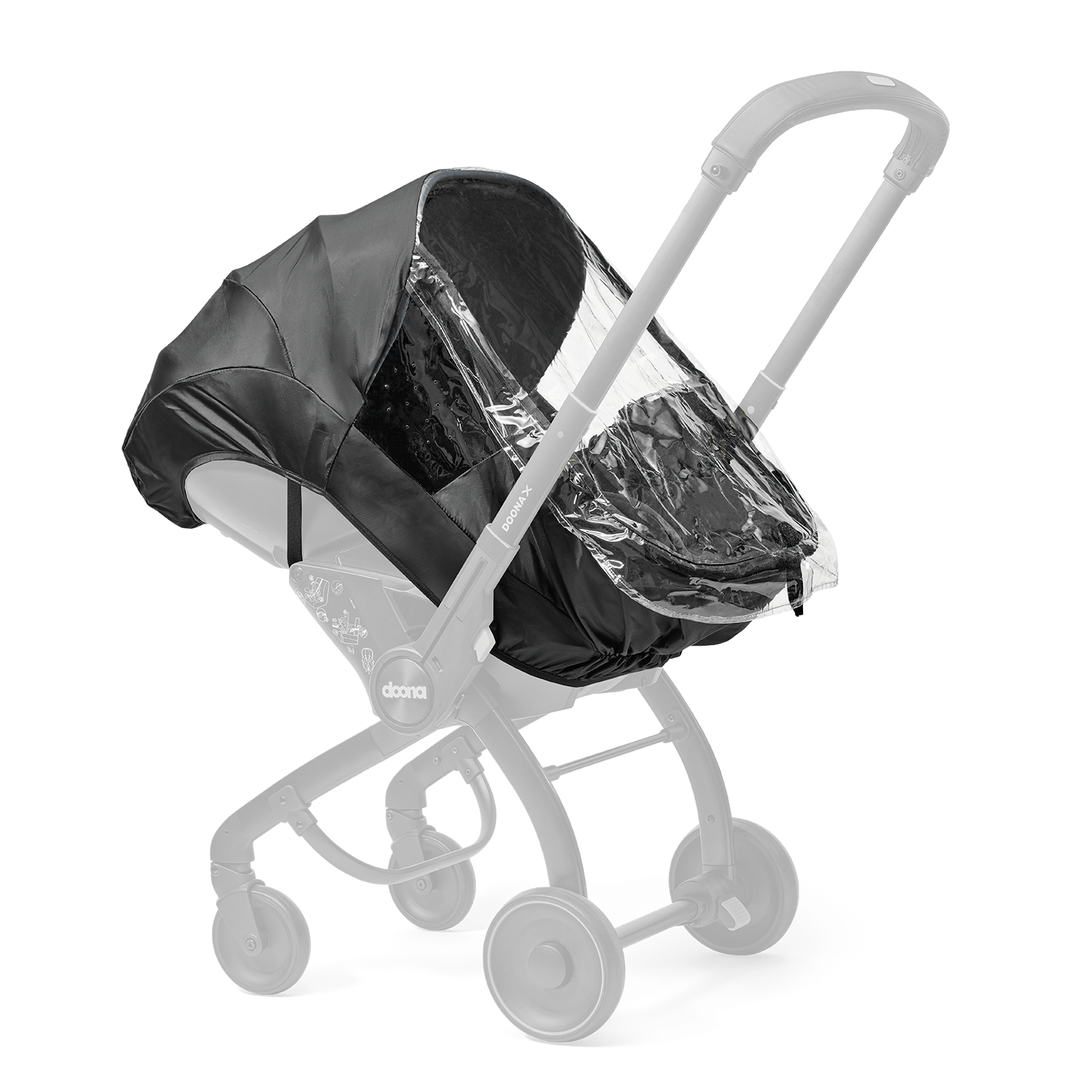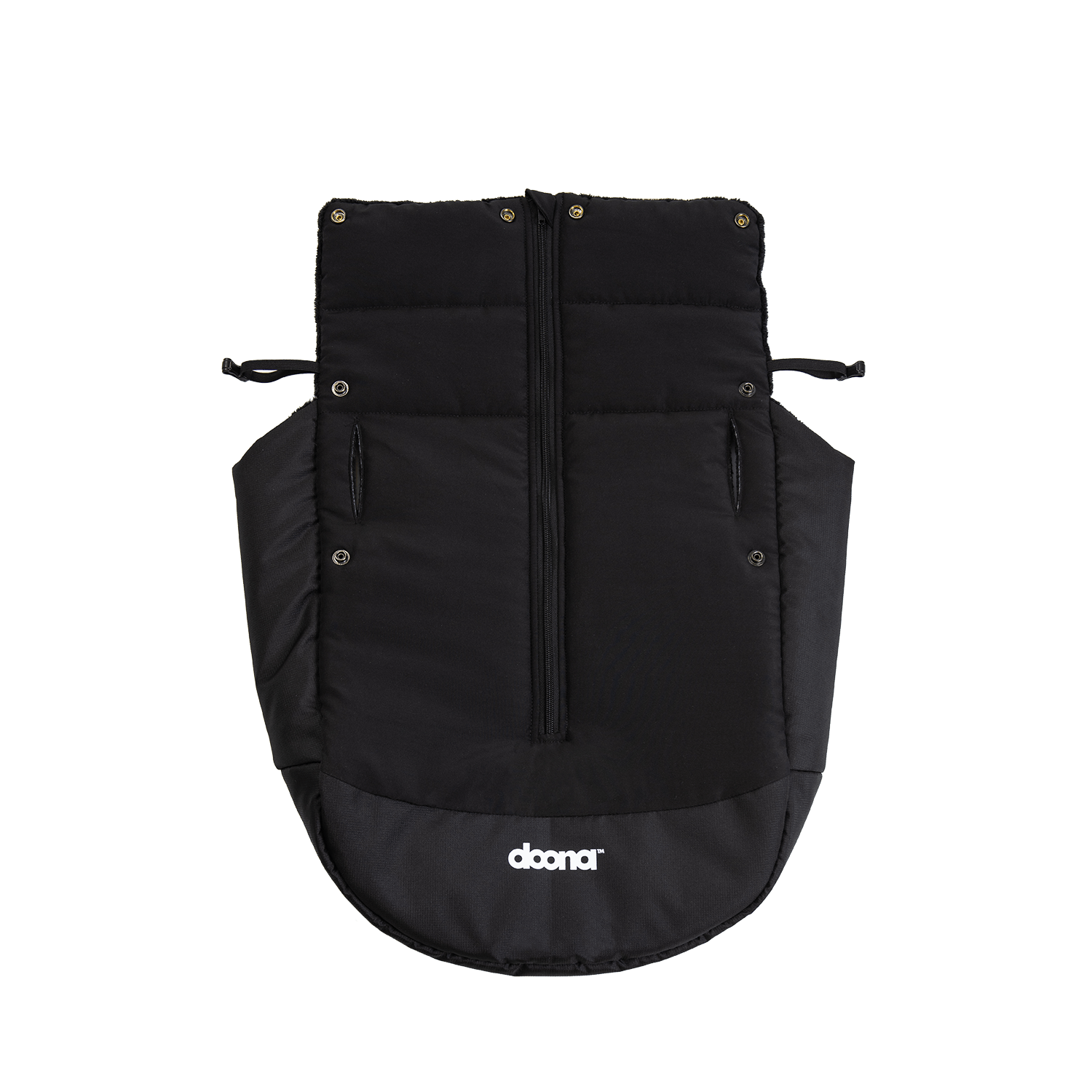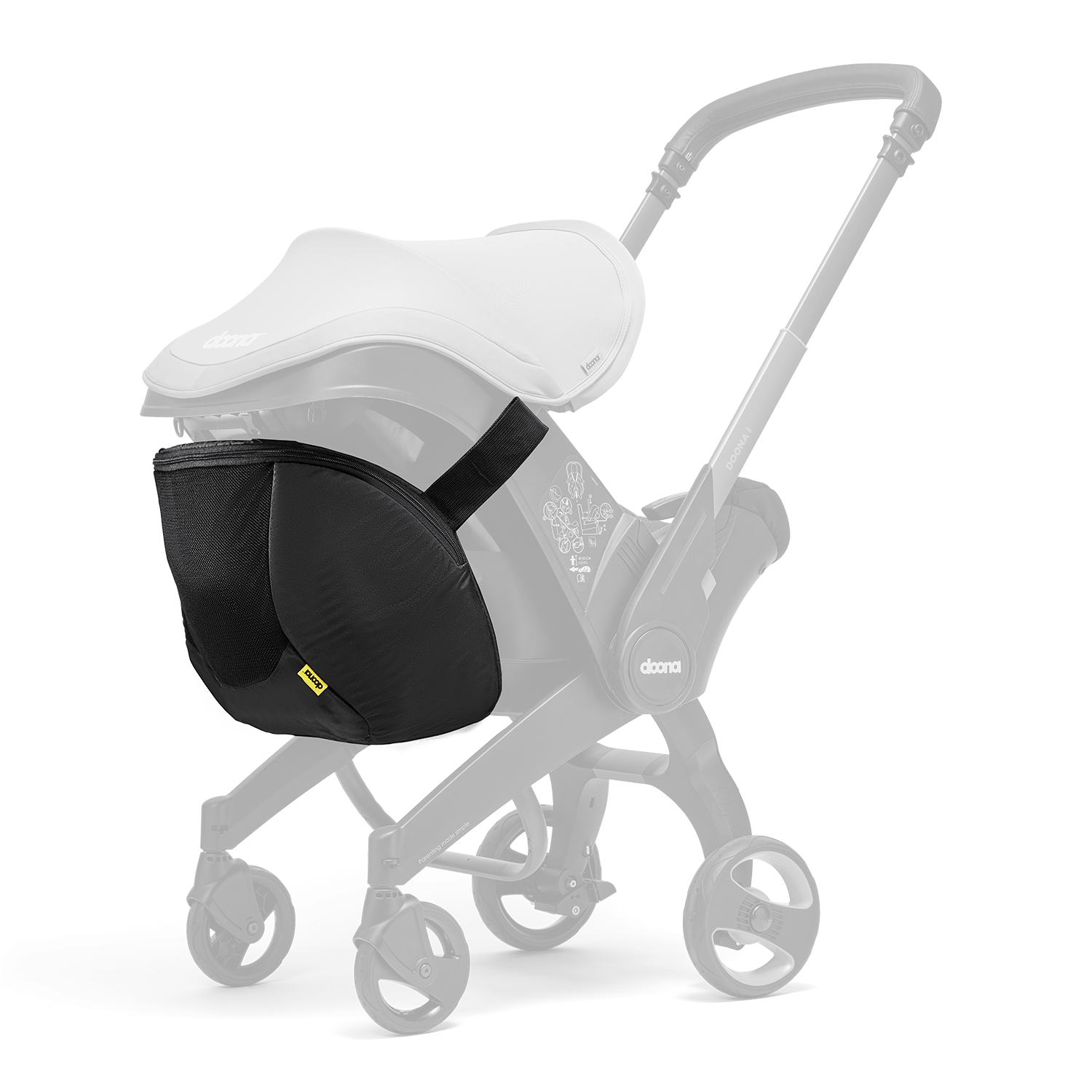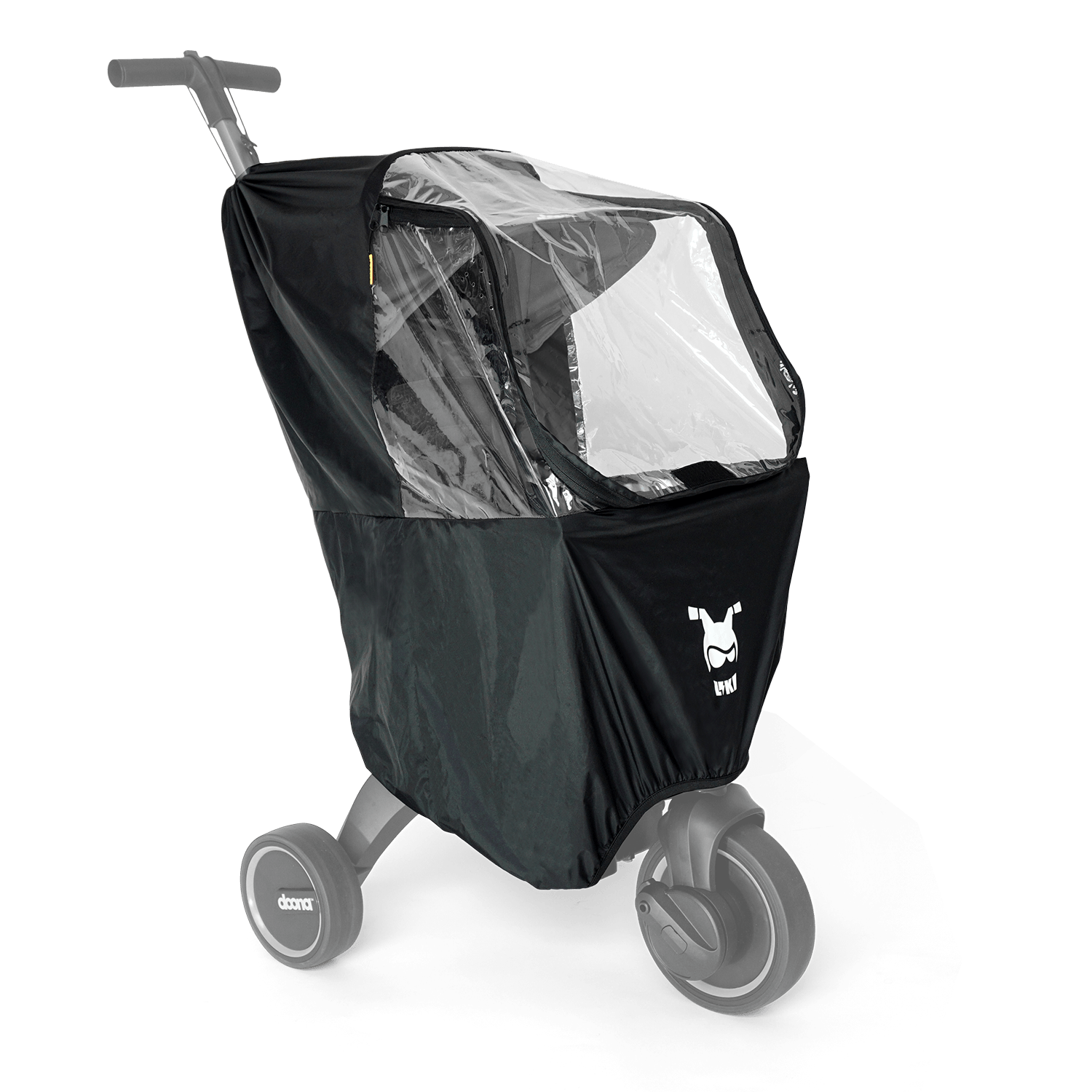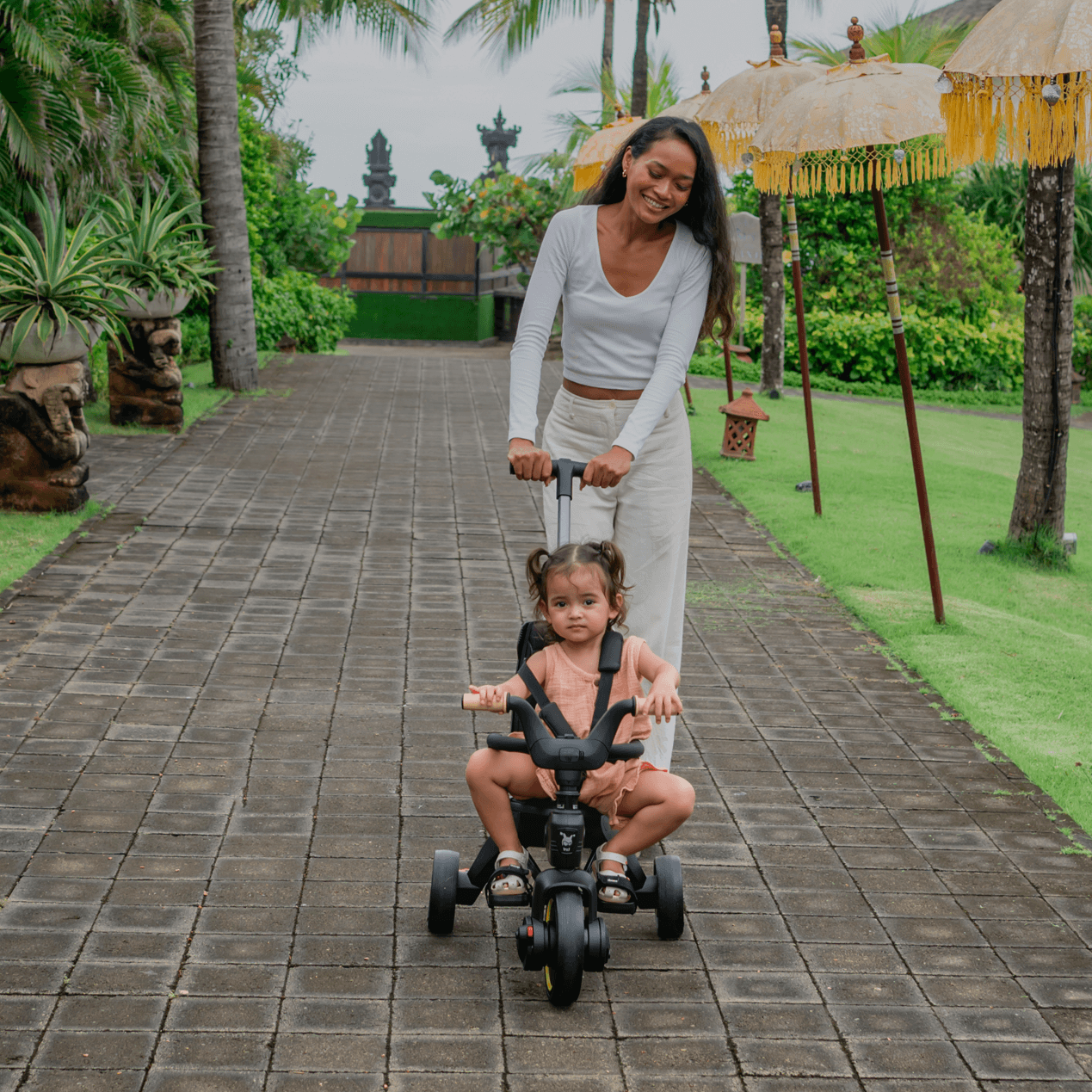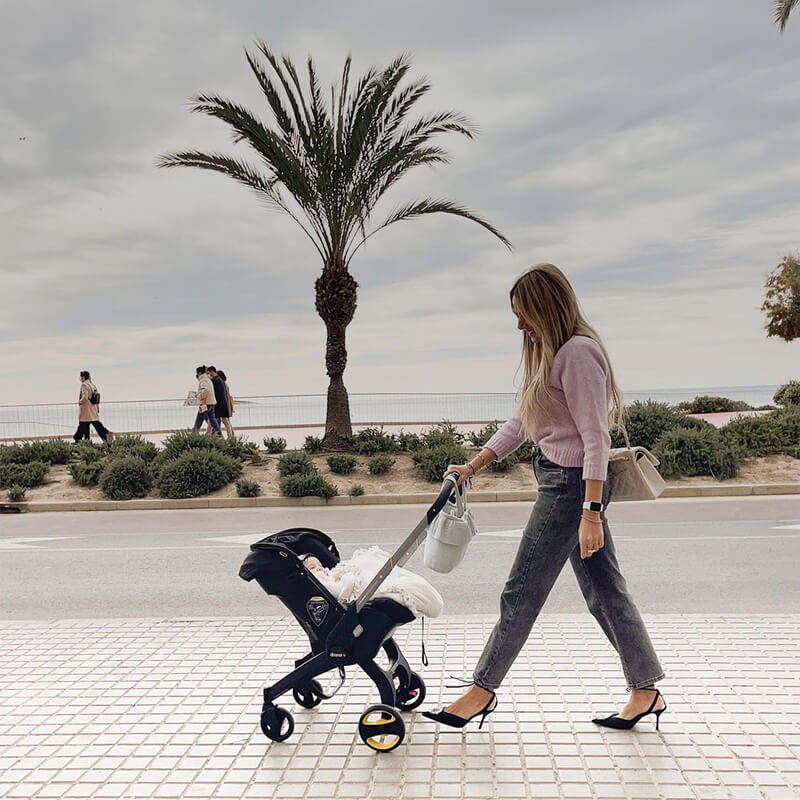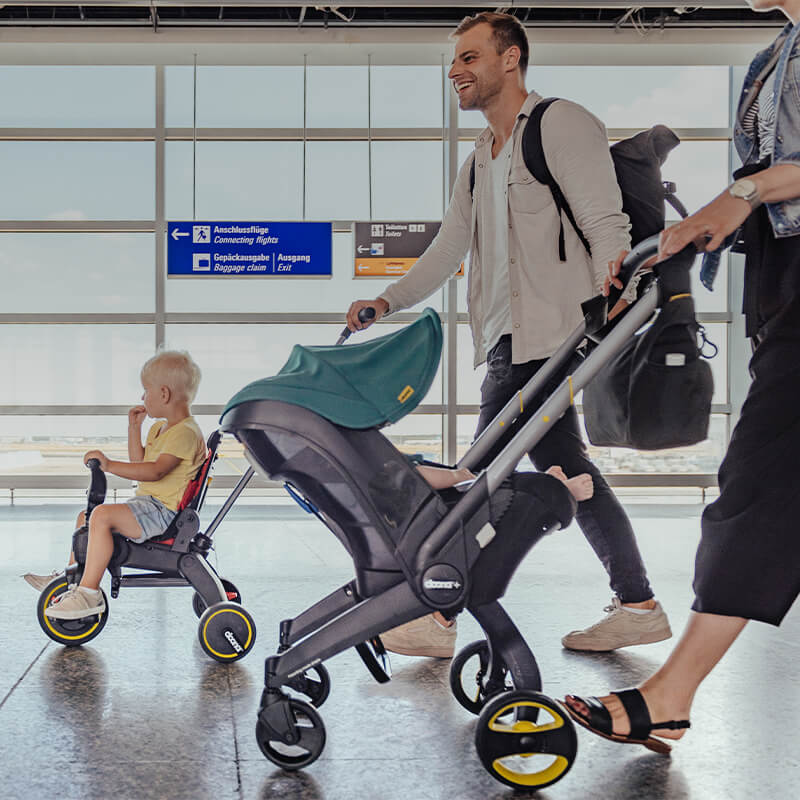Insights on Women’s Reproductive Health with Dr. Carla Williams
In our latest Insight Series, we spoke with board-certified OB/GYN and doula, co-founder and medical director of the Maryam Reproductive Health + Wellness clinic, and mom of four, Dr. Carla Williams. Carla shares her expert knowledge on women’s reproductive health, managing medical care as a woman, preparing for childbirth, and postpartum recovery. She also shares a little bit about her inspiration for entering the medical field along with a few empowering tips to make informed decisions about your health. Keep reading to learn all about it!
Can you share your journey into women’s health, and what inspired you to specialize in this field?
As a child, I loved science and learning about the human body. From a young age I knew I wanted to become a doctor. My favorite TV show growing up was “A Baby Story” on TLC. Fast forward to medical school, I became even more fascinated with the birthing process during my clinical rotations. I decided Obstetrics & Gynecology was the specialty for me.
What is integrative healthcare, and how does it differ from conventional approaches when it comes to women’s health?
Integrative healthcare is a holistic approach to wellness as well as the prevention and treatment of disease. It combines conventional Western medicine with evidence-based complementary and alternative therapies such as herbalism, acupuncture, meditation, massage therapy, etc. to address the full spectrum of a woman’s physical, emotional, mental, social, and spiritual well-being.
How do you combine traditional medicine with alternative therapies to treat women holistically?
By helping the patient become informed of their options in all types of modalities. A personalized care plan is created that centers the patient and can incorporate multiple therapeutic disciplines. It blends the strengths of different systems while respecting safety, evidence, and preferences.
How does the role of a doula differ from that of a midwife or OB/GYN?
Midwives and OB/GYNs provide clinical care. The primary difference is that a doula provides non-clinical care and offers emotional, physical, and informational support. This is a service most provided throughout pregnancy, birth and the postpartum period. There are also doulas that care for people during other life experiences such as abortion, death of a loved one, fertility struggles, and more.
What advice would you give expecting parents who are considering hiring a doula?
First, understand what a doula’s role is and how they can help you. Then, identify what your personal goals and desires are for your birth experience and find a doula that is the right fit to help you achieve that. This means asking for recommendations from your community, interviewing multiple doulas and ultimately trusting your gut when you feel you’ve found “the one.”
What advice do you give expecting mothers to best prepare for childbirth and postpartum recovery?
I’m a big fan of childbirth education classes, especially for first-time parents. Many mothers truly don’t know what to expect and these classes are so helpful for informed decision-making, to feel empowered and prepared for what’s to come. Postpartum is a phase that is often overlooked. Spend time stocking your fridge and freezer with nourishing meals to sustain you during this time. Talk with your partner about what you anticipate your needs will be and how they can be addressed. Don’t be afraid to ask family and friends for help and give specific directions!
What role does education and awareness play in empowering women to make informed decisions about their health?
Education gives you the ability to advocate for yourself and feel confident in the decisions you make. There is no “one-size-fits-all” when it comes to health. The only way you can make an informed decision is by doing your own homework, asking the right questions, and ultimately deciding what feels right for you.
What are the most common misconceptions about reproductive health you encounter in your practice?
That “common” equates to “normal.” For example, we’ve normalized common issues like painful periods. But just because it affects so many women doesn’t mean it’s normal. It also doesn’t mean that the only cure is taking pain killers or birth control pills which also has been normalized. We need to look at the root-cause and focus on lifestyle changes as a first step that is likely sufficient to alleviate symptoms.
What inspired you to co-found the Maryam Reproductive Health + Wellness clinic, and what gap in women’s healthcare were you aiming to address?
I wanted to make integrative women’s healthcare accessible to a community truly in need. I also felt an obligation to address the maternal healthcare crisis in the U.S., which is affecting women in NYC, particularly in the Bronx, the most. Evidence strongly suggests that women of color often receive better care from providers who share their racial, ethnic, or cultural background. We pride ourselves in having built an interdisciplinary team of culturally competent practitioners who are representative of the community we serve and collaborate to provide holistic reproductive care to our patients.
What advice would you give to women to help them feel more empowered in managing their health?
Always do your own research and never be afraid to ask questions. Remember that you are the expert on your own body and know what is best for you. Listen to your intuition!
Dr. Carla Williams is a board-certified OB/GYN and doula, co-founder and medical director of the Maryam Reproductive Health + Wellness clinic, and mom of four. Stay connected with Dr. Williams through her clinic’s website welcometomaryam.com (opens in a new tab) and her Instagram handle @drcarlawilliams (opens in a new tab).
At Doona, we’re committed to making parenting simple for every family. That's why we’ve created our innovative and revolutionary Doona Car Seat and Stroller, transforming from car seat to a stroller in seconds; and Liki Trike, the most compact folding toddler trike on the market that grows alongside your toddler from 10-36 months.
